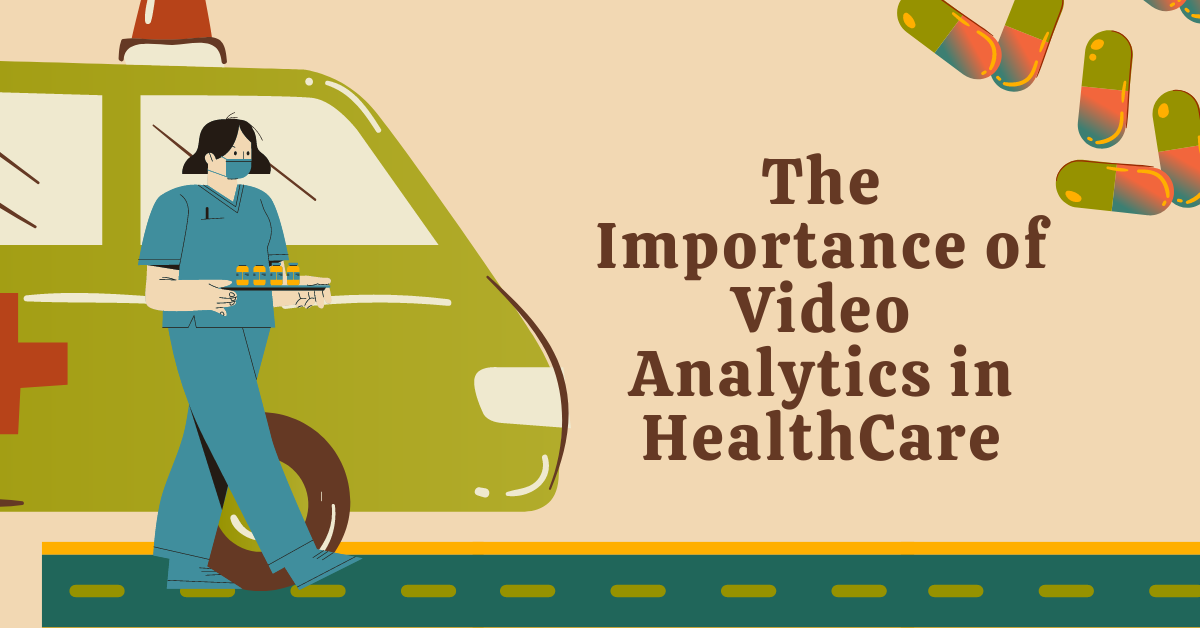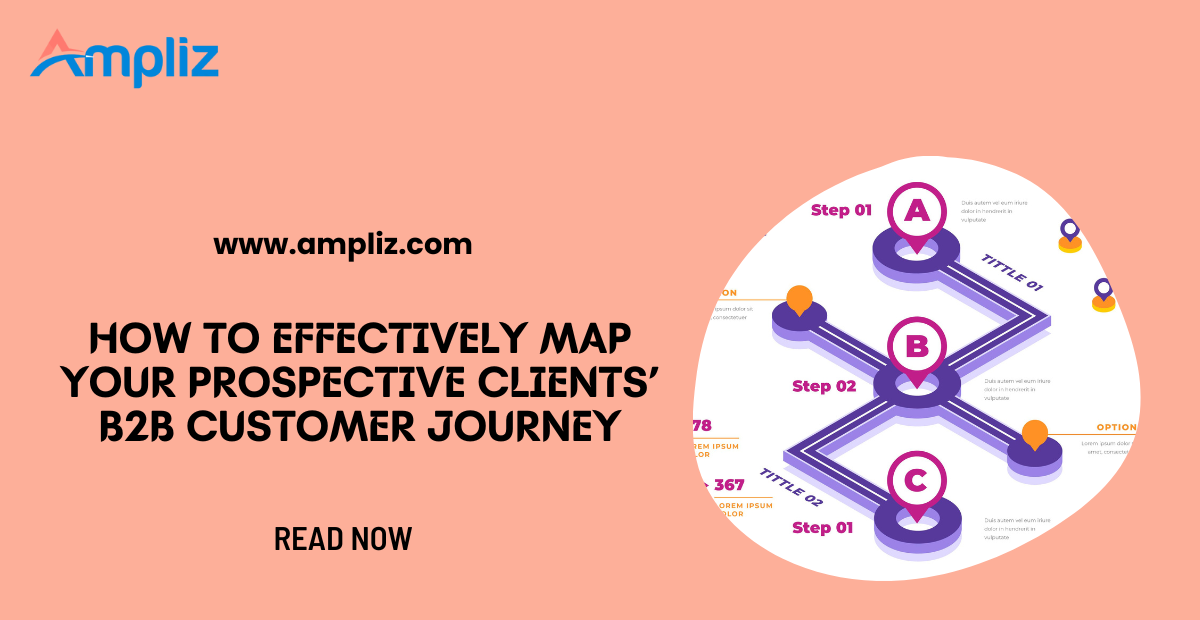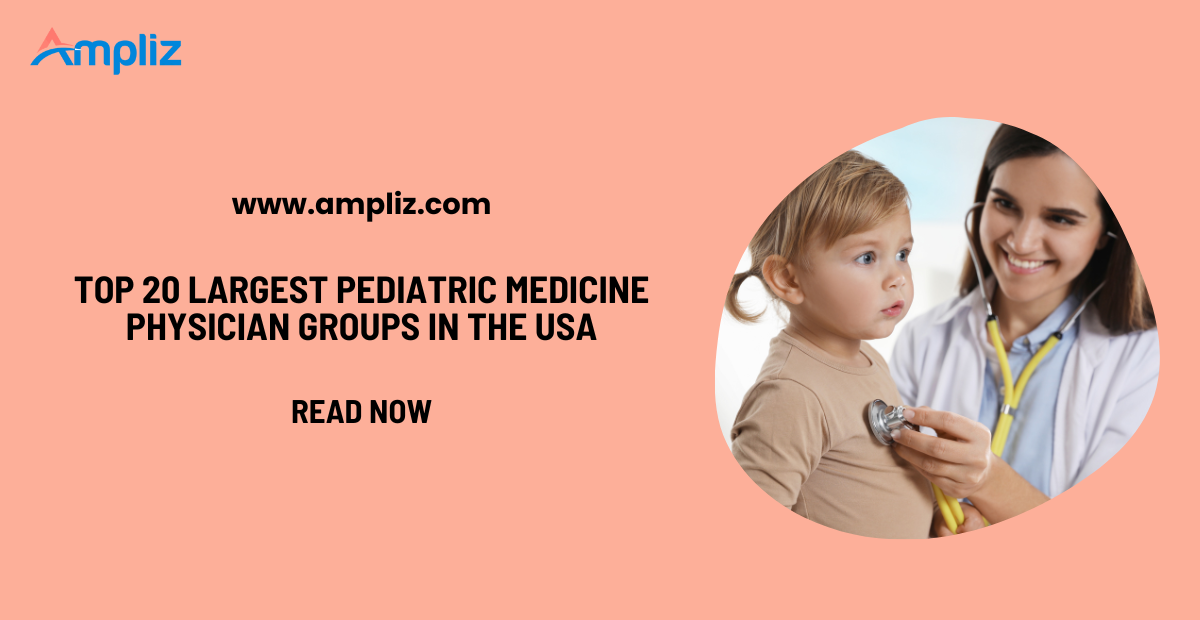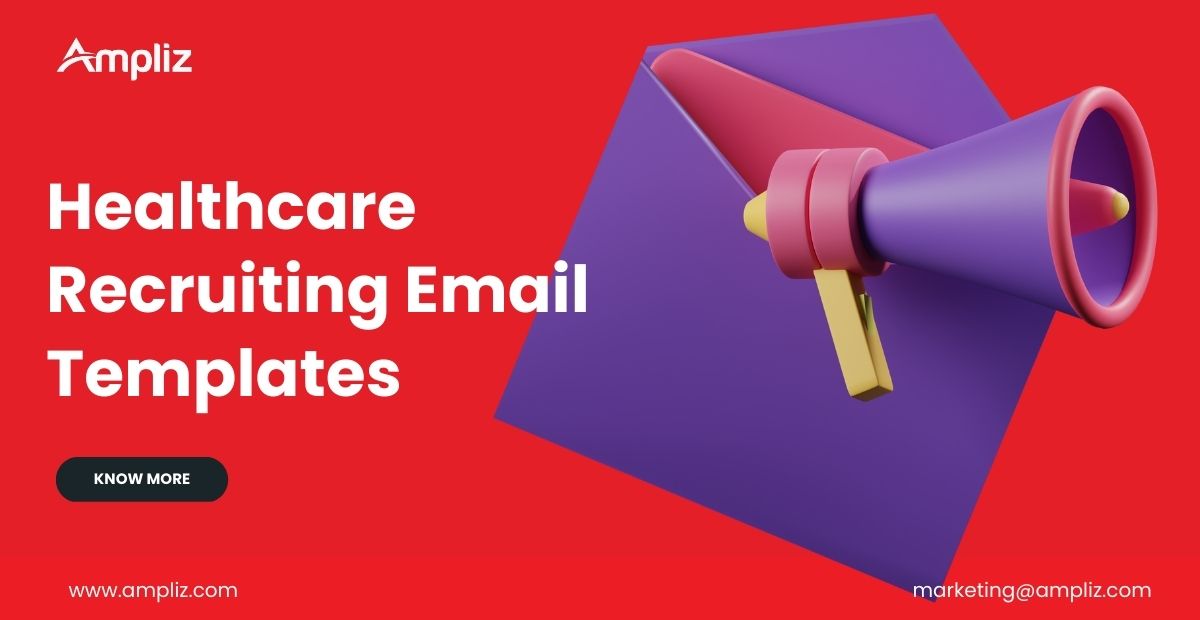How Hospital Affiliation Data Impacts Your Sales Strategy

How Hospital Affiliation Data Impacts Your Sales Strategy
In today’s complex healthcare landscape, understanding organizational relationships is just as important as knowing your target audience. This is where hospital affiliation data plays a critical role in driving successful healthcare sales strategies. Whether you are selling medical devices, pharmaceuticals, healthcare IT, or staffing services, you need to know not just who the doctors are—but which hospitals and health systems they are affiliated with.
Far too many healthcare B2B strategies fall short because they lack this layer of intelligence. If you’re still relying solely on titles or specialty lists, you’re likely missing out on reaching the real decision-makers and influencers. This article explores why hospital network affiliations and physician-hospital relationship data are essential tools in modern healthcare marketing and sales.
What is Hospital Affiliation Data?
Hospital affiliation data refers to information that maps the connections between healthcare providers (physicians, nurse practitioners, specialists) and the hospitals or healthcare systems they work with. These affiliations may be formal (employment, ownership, contracts) or informal (admitting privileges, partnership agreements).
Types of Affiliation Include:
- Employment relationships: A physician is directly employed by a hospital or health system.
- Admitting privileges: Doctors are allowed to admit patients to specific hospitals.
- Group practice affiliations: Physicians belong to a practice that contracts with one or more hospitals.
- System affiliations: The hospital itself is part of a broader Integrated Delivery Network (IDN).
Sources of this data include:
- National Provider Identifier (NPI) Registry
- Centers for Medicare & Medicaid Services (CMS)
- Commercial data providers like Ampliz
Knowing who works where—and how they’re connected—helps align sales efforts with the organizational dynamics of healthcare delivery.
The Changing Landscape of Healthcare Organizations
The U.S. healthcare ecosystem is no longer dominated by independent physicians and standalone hospitals. Instead, we’re seeing the rise of consolidated health systems, Accountable Care Organizations (ACOs), and largest physician groups that influence decisions across entire regions.
- Over 70% of physicians are now employed by hospital systems or large medical groups.
- Purchasing decisions are increasingly centralized within these systems, limiting the influence of individual departments.
This means that to sell effectively, you must understand the affiliation hierarchy—who reports to whom, which facilities are part of which networks, and how providers are connected across care sites.
Why Hospital Affiliation Data is a Game-Changer in Sales Strategy
Having a list of providers is no longer enough. You need to understand their affiliation footprint to:
- Identify real decision-makers
- Align messaging across multiple touchpoints
- Personalize outreach based on system structure
Example:
A cardiologist may work at Hospital A but also have privileges at Hospital B (which is part of a larger health system). If you’re selling a cardiac device, you must engage not just the physician but the supply chain decision-makers at Hospital B’s parent organization.
Key Benefits for Sales and Marketing Teams
a. Enhanced Targeting and Segmentation
Hospital affiliation data allows you to go beyond job titles and target professionals based on the facilities and systems they are associated with. This empowers your sales team to:
- Create hyper-targeted outreach lists
- Segment prospects by health system, hospital, or physician group
- Avoid duplicating outreach efforts to the same individual under multiple profiles
It’s not just about who they are—it’s about where they influence.
b. Prioritize High-Value Accounts
With hospital organizational data, you can prioritize accounts that yield the highest ROI. This includes:
- Hospitals affiliated with large health systems (greater purchasing power)
- Providers connected to high-volume procedures or high-reimbursement specialties
- Health systems adopting new tech or clinical initiatives (ideal for SaaS or medtech sales)
Using this data-driven approach allows your team to focus on the 80/20 rule—where 80% of results come from 20% of your best-aligned accounts.
c. Shortened Sales Cycle
Reaching the right person early in the buying process can reduce wasted time. Affiliation data helps identify:
- The influencers within physician groups
- Decision-makers at the health system level
- Physicians with referral power across multiple hospitals
Rather than spending weeks finding the right contact, your reps walk in knowing who controls the budget and who signs off on contracts.
d. Improved ABM Campaigns
Account-Based Marketing (ABM) thrives on precision, and nothing offers more precision in healthcare than affiliation intelligence. You can:
- Build campaigns targeting every stakeholder in a system
- Personalize outreach based on shared affiliations
- Align content with the provider’s hospital’s goals and service lines
Example: You market oncology solutions to oncologists affiliated with a cancer center that is part of a larger academic health system. Your campaign aligns with the entire network’s mission, increasing credibility.
Real-World Use Cases of Hospital Affiliation Data
Let’s break down how different industries use affiliation data effectively:
1. Medical Device Sales
Sales reps target orthopedic surgeons who operate at both private clinics and hospital ORs. With affiliation data, they know which facilities the physician uses and tailor conversations based on those setups.
2. Pharmaceutical Sales
Marketers focus on prescribing patterns among endocrinologists working in diabetes centers connected to national hospital systems. This improves drug awareness campaigns and outreach efficiency.
3. Healthcare IT Sales
Sales teams selling EHRs or patient engagement platforms leverage affiliation data to pitch unified solutions across an entire health system—not just individual hospitals.
4. Provider Staffing
Staffing companies identify locum tenens candidates by mapping multi-affiliated physicians who serve rural or underserved hospitals.
These use cases show that hospital affiliation intelligence isn’t just useful—it’s foundational to healthcare B2B success.
Integrating Hospital Affiliation Data into Your Workflow
To maximize value, affiliation data must be integrated into your CRM and sales stack.
Steps:
- Enrich your contact database with affiliation fields (e.g., hospital, health system, group practice).
- Use automation tools to map relationships between contacts and organizations.
- Filter and prioritize leads by system size, location, and influence level.
Recommended Tools:
- Ampliz (comprehensive physician and hospital data with affiliation insights)
- Salesforce Health Cloud
- HubSpot with B2B Healthcare plugins
- Apollo.io with enriched healthcare data
These integrations turn cold prospecting into intelligent engagement.
Common Mistakes When Using Affiliation Data
❌ Mistake #1: Assuming All Physicians Are Independent
Most are now employed or contracted through hospitals or systems.
❌ Mistake #2: Ignoring Secondary Affiliations
A physician may work at multiple facilities—neglecting this reduces your visibility.
❌ Mistake #3: Using Outdated Data
Affiliations change regularly due to mergers, acquisitions, or changes in employment. Outdated records hurt targeting.
❌ Mistake #4: Not Mapping Referral Patterns
Referrals follow affiliation structures. Understanding referral flows boosts targeting success for diagnostics or specialty therapies.
Where to Get the Most Accurate Hospital Affiliation Data?
You have two choices:
- Public Sources – like the NPI Registry, but often incomplete or outdated.
- Commercial Data Platforms – like Ampliz, which aggregate, verify, and enrich data in real-time.
Why Choose Ampliz?
- Covers millions of healthcare professionals
- Detailed hospital and system affiliations
- Custom filters by specialty, location, and influence level
- Real-time updates to keep your CRM accurate
For healthcare provider affiliations, Ampliz delivers unmatched depth and precision, empowering smarter decisions.
Final Thoughts: Turn Affiliation Data into Sales Wins
The future of healthcare B2B sales isn’t about broader outreach—it’s about smarter outreach. By incorporating hospital affiliation data into your sales strategy, you gain access to hidden insights that unlock new revenue opportunities.
From improved segmentation to accelerated sales cycles and account-level personalization, the advantages are undeniable.
Ready to Level Up?
Use healthcare platforms like Ampliz to uncover provider relationships, align your targeting with health system structures, and supercharge your medical sales strategy.
Tags
Get In Touch
All Categories
- Assisted Living Facilities
- B2B
- B2B Companies List
- B2B Marketing
- Canada Physicians Data
- Chiropractors
- Datacaptive Alternative
- Dental Marketing
- Digital Marketing
- Email Marketing
- Guest Post
- Healthcare Email Lists
- Healthcare Insights
- Healthcare Marketing
- Healthcare Startups
- Hospitals
- How To
- Locum Tenens Physicians and Nurses
- Long term Care
- lusha
- Marketing tools
- Medical Device
- Nursing Home
- Pharma
- Pharmaceutical companies
- Physician Groups By Speciality
- Physician Groups By State
- Physicians Database
- Psychiatrist Email List
- Recruitments Blogs
- Uncategorized
- US Healthcare Data
- US Hospitals
- US Physician Groups
- Zoominfo
Get Data Pricing
Request a quote for specialized healthcare and B2B datasets that actually convert.









